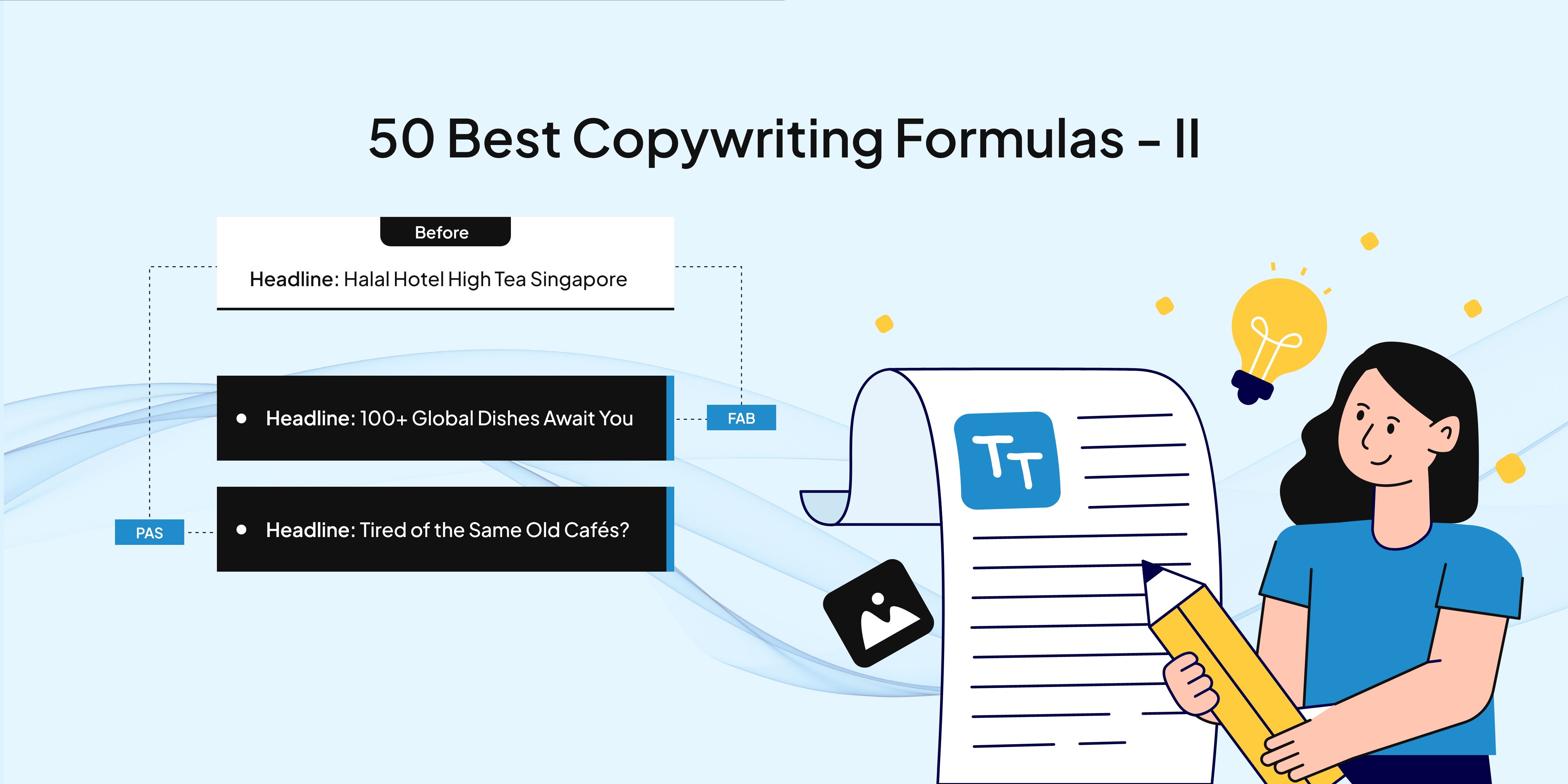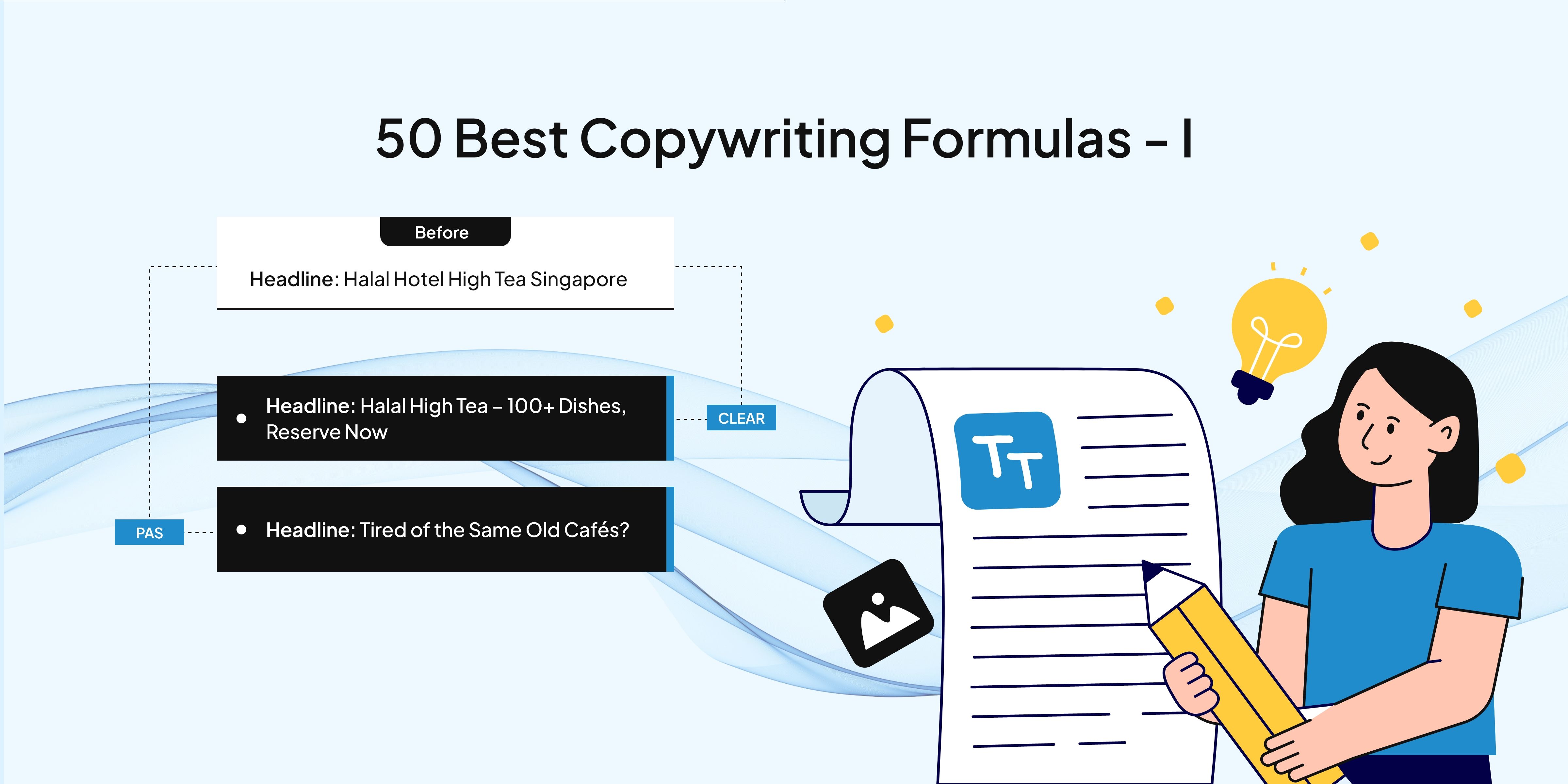Have you found yourself investing heavily in AdWords PPC, only to suspect that you might be committing some errors in your approach? If you relate with us, then this blog is a must-read.
Within these pages, we shed light on common AdWords PPC mistakes that you should steer clear of to harness the full potential of Google AdWords.
To grasp the significance of this discussion, consider the following statistics. In 2022, Google’s ad revenue surged to an impressive 224.47 billion U.S. dollars. According to Wordstream, the average click-through rate in Google Ads spans 3.17% for search and 0.46% for display ads across all industries.
7 PPC AdWords Mistakes You’re Probably Making
You need to agree with us that there is no better online advertising platform than Google Ads.
Google Ads provides companies with a direct avenue to promote their products or services to their intended audience. It caters to various goals, encompassing everything from raising brand awareness to stimulating interest and driving actual conversions.
Google Ads extends its reach across an array of Google’s platforms, including Google Search, Gmail, YouTube, and associated web properties. However, despite its extensive capabilities and far-reaching impact, numerous enterprises encounter challenges in maximizing the potential of Google Ads.
So, now let’s start discussing the most common AdWords PPC Mistakes.
1. Not Using Negative Keywords
As a business person – you need to be clear between the terms “Keywords” and “Search Terms.”
Keywords are essentially words or phrases you can target in Google Ads.
However, the majority of searchers don’t simply input the exact keyword you’re bidding on. Instead, searches tend to be more “long tail,” encompassing various permutations that may include your target keyword.
For instance, let’s say you’re into the bidding keyword “Shoes” for your business. It’s a fitting keyword since you indeed sell shoes. However, users might enter queries like:
– “Where can I exchange my old shoes?”
While these searches contain your keyword, it’s evident that the users aren’t looking to purchase shoes. Before launching your campaigns, it’s wise to research to identify irrelevant keywords. You can then compile these into a negative keyword list.
This negative keyword list serves to inform Google about the types of searches you wish to avoid appearing for. By doing so, you prevent spending money on unrelated search terms. Additionally, your negative keyword list aids in enhancing ad group relevance and safeguards your budget from unwarranted clicks.
Tools like ahref keyword research tool can be employed to identify variations that should be added as negative keywords before campaign initiation.
2. Combining Wrong Keywords Within an Ad Group
Moving ahead in the AdWords PPC Mistakes, here is another point.
Just as you wouldn’t pair a delightful Gujarati Dish with a grilled cheese sandwich, considering the less-than-ideal outcome, avoiding assembling unrelated keywords within an ad group is equally essential.
In this context, the keywords housed within an ad group should share a cohesive theme. Regrettably, we often encounter scenarios where phrases like “men’s hoodies” and “blue t-shirts” coexist within the same ad group instead of residing in their separate, dedicated ad groups.
The recommended strategy entails optimizing the alignment between your keywords, ad copy, and the landing page on your website.
For instance, if you wish to promote your white shoes, your ad group should contain white sneakers shoe keywords that trigger ads specifically tailored for that and direct users to the corresponding page on your website dedicated to blue t-shirts. This meticulous alignment secures higher-quality scores from Google and yields enhanced performance results.
3. Neglecting the Significance of the Search Terms Report
Now that I have learned about two major AdWords PPC Mistakes, here is the 3rd one – the search term report.
The search terms report emerges as a fount of invaluable insights for your search advertisements. It unveils the precise queries that triggered the display of your ads. In this wealth of data lie opportunities to optimize and eliminate wasteful spending.
Within the search terms report, you might unearth instances where your ads promoting drinking glasses are receiving clicks from users in quest of eyeglasses. This serves as a clear signal to include these mismatched keywords as negative keywords.
Simultaneously, the report may unveil hidden gems—search terms generating outstanding results yet not yet added to your keyword list. These unexplored prospects warrant your immediate attention.
4. Clarifying Conversion Objectives for Google
Google’s Smart bidding options offer the potential for increased conversions compared to manual bidding. However, the effectiveness of Smart bidding hinges on Google’s ability to comprehend the desired type of conversion.
Misconfigured conversion settings have been known to derail Smart bidding efforts. For instance, a Smart Shopping campaign excels when it exclusively targets eCommerce sales rather than mixing in newsletter sign-ups and app downloads.
Ensuring alignment between your campaign’s goal settings and your account’s conversion action settings is crucial for optimizing the benefits of Smart bidding. While it may present certain challenges, our dedicated team of experts is here to guarantee that your Google Ads investments yield consistently robust outcomes. Take the first step towards a successful campaign by scheduling a complimentary strategy call with us today!
5. Settling For Poor Data Quality in Your Products Feed
The quality of your product feed plays a pivotal role in the success of your Google Shopping endeavors. It serves as a vital conduit for Google to understand your offerings, ensuring your ads are showcased at the most opportune moments.
While setting up and maintaining a product feed can be challenging, the temptation to disregard it once your Shopping ads are live should be resisted.
Commonly observed issues in data quality pertain to feed inaccuracies. This includes misidentified brands, omitted barcode numbers, or the absence of product dimensions. Though seemingly minor, rectifying these details can yield substantial enhancements in your Shopping campaign performance over time.
6. Confusion in AdWords Campaign Objectives
The choice of a conversion attribution model holds significant weight in comprehending which ads and targeting strategies contribute to your recorded conversions.
The prevalent last-click attribution model allocates all credit to the ads and targeting responsible for the final click before conversion, potentially disregarding the value of preceding interactions.
As a consequence, some keywords may appear unproductive, registering zero conversions. Alternative attribution models are available to distribute credit differently, such as uniform distribution across all interactions leading to a conversion.
The most favorable choice is data-driven attribution, leveraging your account’s conversion history to apportion credit for each conversion judiciously.
7. Ensuring Concordance of Keywords, Ads, and Landing Pages
Last but not least for AdWords PPC Mistakes are having no consistency in keywords, ads, and landing pages. This can deter users from clicking on your ads or result in swift departures from your landing page.
This is a crucial facet that many advertisers overlook, often leading to financial losses outweighing gains.
Wrap Up
So, that is it about the common mistakes of AdWords PPC Mistakes. Addressing these issues frequently transforms under-performing campaigns into successful ones, provided you possess a meticulously crafted, multifaceted approach.
For expert assistance with your paid traffic endeavors, NFlowTech is available at your service. Our team of experts will design, execute and oversee your campaigns on your behalf!







